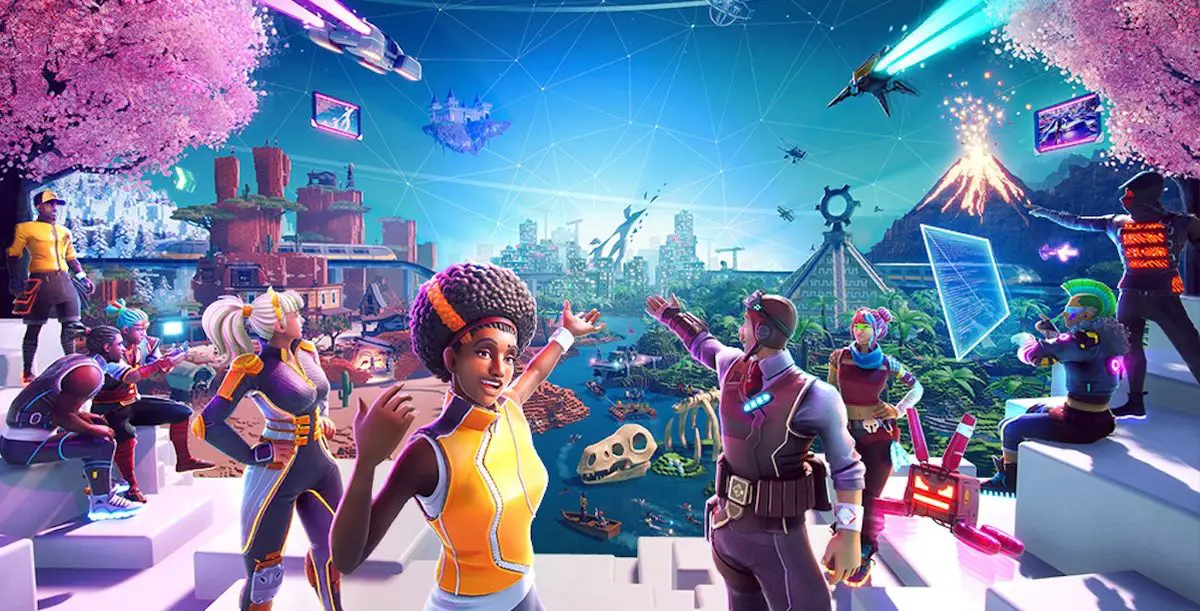In order to enable simultaneous connection in currently theoretical metaverses, Meta will have to improve its computing power and systems in order to support it. In addition, it will require more sophisticated computer hardware to fuel the following stage of its AI ideas, in a number of forms.
This is why Meta is establishing a new AI Research SuperCluster (RSC), which it claims will eventually become the world’s fastest AI supercomputer when complete by mid-2022.
Meta is prioritizing AR for its metaverse initiative
The future system will be capable of performing ‘5 exaflops of mixed precision compute’ at its maximum. Which, to me, means nothing more than the ability to process huge amounts of data and enable the development of a wide range of applications with a specific eye toward the metaverse’s next stage.
As explained by Meta:
“RSC will help Meta’s AI researchers build new and better AI models that can learn from trillions of examples; work across hundreds of different languages; seamlessly analyze text, images, and video together; develop new augmented reality tools; and much more. We hope RSC will help us build entirely new AI systems that can, for example, power real-time voice translations to large groups of people, each speaking a different language, so they can seamlessly collaborate on a research project or play an AR game together.”
With the RSC, Meta is clearly prioritizing AR, with Meta developing its own AR-enabled glasses that will broaden the applications for the technology. The RSC will provide more capacity to develop more sophisticated AR systems, allowing Meta’s tools to be advanced beyond what is currently available, which might help Meta topple rivals Snapchat and Apple by offering the best model available.
“Ultimately, the work done with RSC will pave the way toward building technologies for the next major computing platform – the metaverse, where AI-driven applications and products will play an important role.”
-Meta
“No one company can build the metaverse alone”
It’s worth noting that the metaverse will take years to develop, not months or years. It won’t become an all-immersive, integrated world by next year, according to Meta.
As you may have heard, we’re pretty excited about the metaverse, but we won’t all be hanging out at virtual BBQs tomorrow. It'll take years to develop the necessary pieces, which gives us time to help make sure it's built responsibly. So how will we do this? pic.twitter.com/yWqfwOZFPj
— Meta (@Meta) January 24, 2022
Any business or project that claims to be ‘metaverse ready’ is kidding itself, because the metaverse, as it’s imagined broadly, will necessitate substantial platform cooperation in order to move your digital identity from one virtual world to another and carry your avatars, skins, digital goods, and more with you.
To emphasize that it will not take possession of the area, Meta is eager to repeat:
“No one company can (or should) build the metaverse alone. It will be built by people and businesses all over the world. And it’ll be important that experiences built by different companies or people, like avatars or virtual worlds, work together.”
-Meta
You can read more technical details on Meta’s RSC project here.





